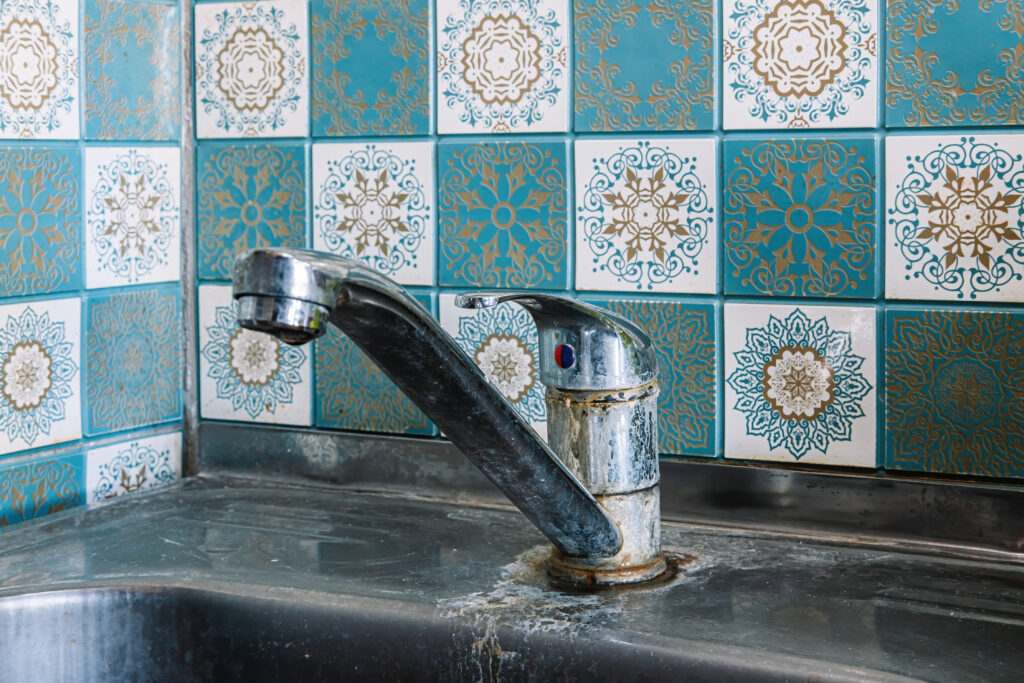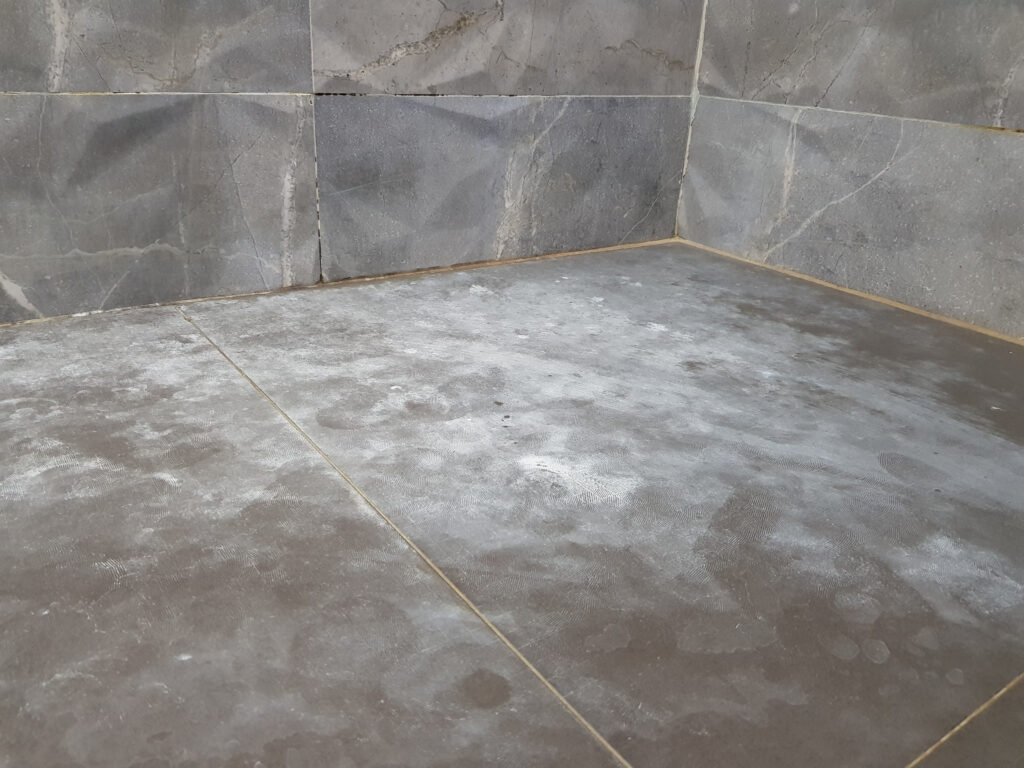It might not look appetizing at all, nor smell like a new spring morning, but hard water is indeed safe to drink. Eighty-five percent of the United States has hard water, metros and rural areas alike. Given its prevalence, we’ll discuss what hard water is, why it’s seen as a problem, whether it has any health benefits, and what you can do if your home has hard water.
What is Hard water?
Hard water is natural water that has absorbed minerals, such as calcium and magnesium, during the water cycle. Contrary to a common belief, sodium and potassium don’t contribute to the development of hard water. Water is a solvent which makes it perfect for leaching minerals from the ground and rocks it travels through before reaching a private well or municipal water station. The name hard water is because many of these minerals harden when deposited on surfaces, such as the inside of a faucet or shower head.
- Super dry skin after washing: Along with drying out your skin, hard water doesn’t fully rinse away soap and other skincare products. This can cause your skin to feel itchy and tight.
- Lackluster hair: Same as with your skin, hard water pulls moisture from your hair and leaves it looking as if you forgot to rinse the shampoo.
- Difficult to lather soap: Many common soaps and detergents have an active ingredient that’s nullified when it encounters hard water.
- Laundry doesn’t seem clean: Excessive minerals in the water prevent the effective removal of smells and stains in your clothes and cause early wear and tear to the material.
- Glasses and dishware have cloudy spots or film: Though the water you use to wash and rinse glasses and dishware flows down the drain, it’s leaving behind calcium carbonate deposits.
- Appliances with water break down more often: Any appliance that uses water, such as washing machines and dishwashers, suffer the effects of mineral deposit clogs inside the water lines. These clogs usually lead to expensive repairs over time.
Drinking Hard Water Actually Has Some Health Benefits
Although hard water has a cloudy appearance and many people have reported a metallic taste, many studies and ongoing research has shown drinking it has several health benefits.
- Good heart health: The increased levels of calcium and magnesium directly stimulate the heart and its capacity to efficiently pump blood through the body.
- Possible cancer prevention: The high concentration of magnesium provides a considerable stimulation to your immune system and offers protection for all types of cancer.
- Benefits for diabetics: The body’s channels responsible for regulating insulin production depend on magnesium. Because studies have shown diabetes interferes with magnesium production in the body, the higher concentration in hard water could be beneficial.
- Improved digestive health: In the right combination, calcium and magnesium can help mitigate constipation, along with magnesium helping with stomach cramps.
The Only Thing Hard Water Hurts are Your Pipes (Potentially)
The biggest issue with hard water and your plumbing is the mineral or scale buildup inside the pipes. The buildup begins when hard water heats up, with a certain amount of water evaporating and suspended minerals settling inside. This leads to:
- Clogged drains: The minerals bind to the pipes’ sides and other deposits; water continually flowing into the drain only exacerbates the buildup and eventual clog.
- Decreased water flow: Most faucets have a small mesh filter on the tap, but the mesh collects mineral build-up, eventually bringing the water flow to a trickle.
- Corrosion: The plumbing in many older homes uses metal that slowly breaks down when exposed to calcium and magnesium. As the pipes corrode, they become weak, develop cracks or full blown breaks, and leak water which drives up your utility bill.
- Decreased energy efficiency: From an extra cycle through the dishwasher to get rid of spots on dishware to more electricity to heat water, hard water decreases the energy efficiency of many appliances.
Can I Use Drain Cleaner to Get Rid of Hard Water Build-Up?
Yes, but common drain cleaners are a short-term solution to a long-term issue, and should never be used in water supply pipes. For calcium buildup in a sink drain, for example, the cleaner clears away some of the buildup, but doesn’t prevent it from returning.
How Can I Treat Hard Water?
Since hard water is naturally occurring, you can install a water softening system in your home. This system filters out the minerals; a bed of resin catches the calcium and magnesium ions, then replaces them with sodium ions. It’s also a great way to help with plumbing maintenance if you live in a hard water area.
It might not taste the best, and is less than desirable for bathing and washing, but it’s perfectly safe to drink hard water.
Have hard water questions? Call us to speak to an ASI expert today.










